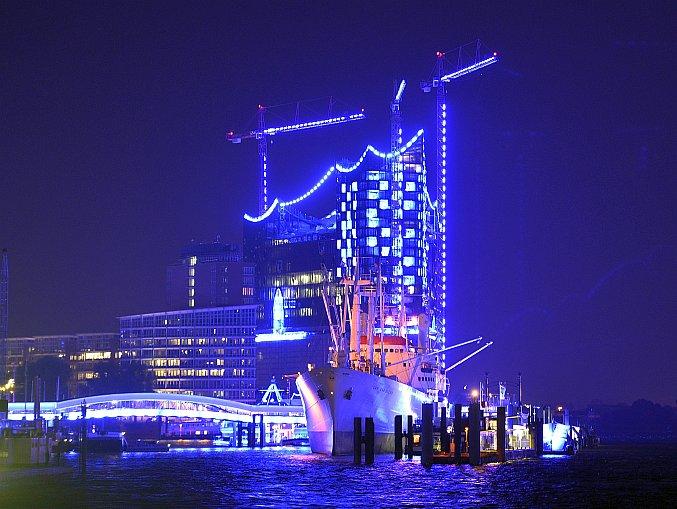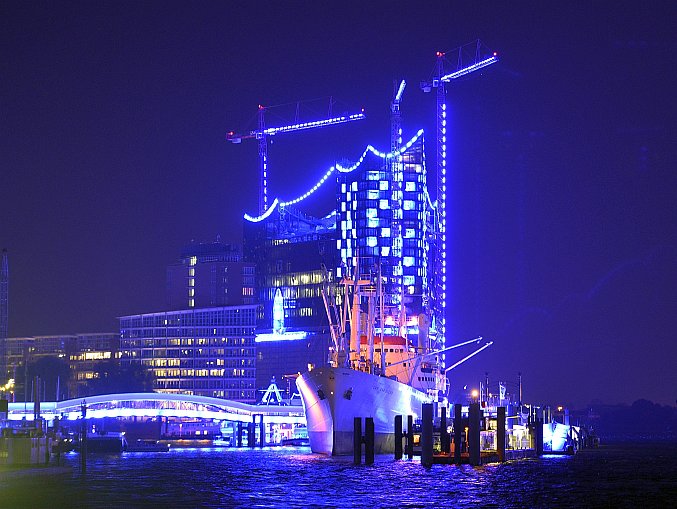The Organization for Economic Cooperation and Development (OECD) announced Monday that it expects Germany to post a current account surplus of $200 billion this year. The German IFO business climate survey, one of the country’s key business surveys, is expecting a surplus of $210 billion, larger than any other country. This year includes the first surplus since 1988 with China, the world’s largest exporter.
A spokeswoman for the German minister of economics, Philipp Rösler, said Monday in Berlin that “the German export economy is highly competitive, which is very positive.”
China the Largest Market
According to the Financial Times Germany (FTD), exports to China rose 5.8 percent in May. Gregor Eder, an Asia expert at German insurance company Allianz, said in an interview with FTD that Germany benefits from high investment growth in China and other Asian countries.
The FTD article further notes that German car manufacturers mostly have their cars assembled in China but ship their parts to the assembly lines there, thereby boosting exports from Germany. Apart from the car manufacturers, heavy industry contributes 30 percent to total German exports.
In order to achieve a positive trade balance, however, exports need to be larger than imports, and it helps that Germany now imports less and less from China. Part of the reason is the euro, which lost 17 percent against the Chinese currency, yuan, over the last 12 months, making German exports cheaper. But this is not the only reason. Christina Otte, a China expert at the GTAI agency for foreign trade, comments in the FTD: “More stringent laws for environmental protection and higher wages contribute to the fact that China is losing its status as a low-wage economy.”
US Officials Keen on Learning From German Success
This industrial strength has not gone unobserved in the United States, which runs a chronic current account deficit with the rest of the world. Peter Ross Range, an American journalist, writes in the German paper Handelsblatt that even President Obama was curious about how Germany does it: “Why is Germany so successful at running a high-wage industrial sector,” he asked at an economic planning meeting.
Other industry giants like the General Electric Chairman Jeffrey Immelt said that the United States “need[s] to be more like Germany,” and Wall Street Banker Steven Rattner adds, “[The United States] needs to learn from the German model.”
Ross Range cites reasons for the high level of German competitiveness in world export markets in his report for the Handelsblatt. One factor is the German “dual-education” system, where high-school students attend school and receive work training at the same time, typically after the age of 16. If they do well, the company that trained them is very likely to offer them a permanent employment contract at the end of the training period. This system offers job security for young workers and a highly skilled workforce for employers. This advantage is reflected in the relatively low youth unemployment rate of 7.9 percent. This system is already being used in the United States by German companies like Siemens, Volkswagen, and BMW.
Risks Remain in Operationally Leveraged Economy
Despite the fact that Germany’s economy is very competitive, hedge fund manager Hugh Henry, founder of the Eclectica Fund, a London-based hedge fund, expounded at the Milken Conference on May 1 that a dependence on exports and heavy industry is not without risks. The principle of his fund’s strategy is that “Germany has operational leverage,” noting that in a bad year of global recession, a company like Siemens would suffer a much greater reduction in sales than Procter & Gamble (P&G), for example, due to its higher proportion of fixed costs.
In a downturn, capital goods investment is the first to get scrapped, like it was in 2008, when Siemens could not reduce costs fast enough as its operations include a lot of fixed costs. P&G, on the other hand, faces relatively inelastic demand for its consumer staples products, and can cut costs easier due to having a higher proportion of variable costs.
The Epoch Times publishes in 35 countries and in 19 languages. Subscribe to our e-newsletter.







